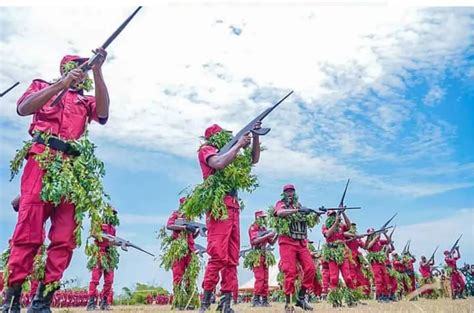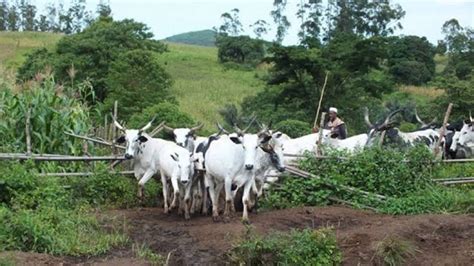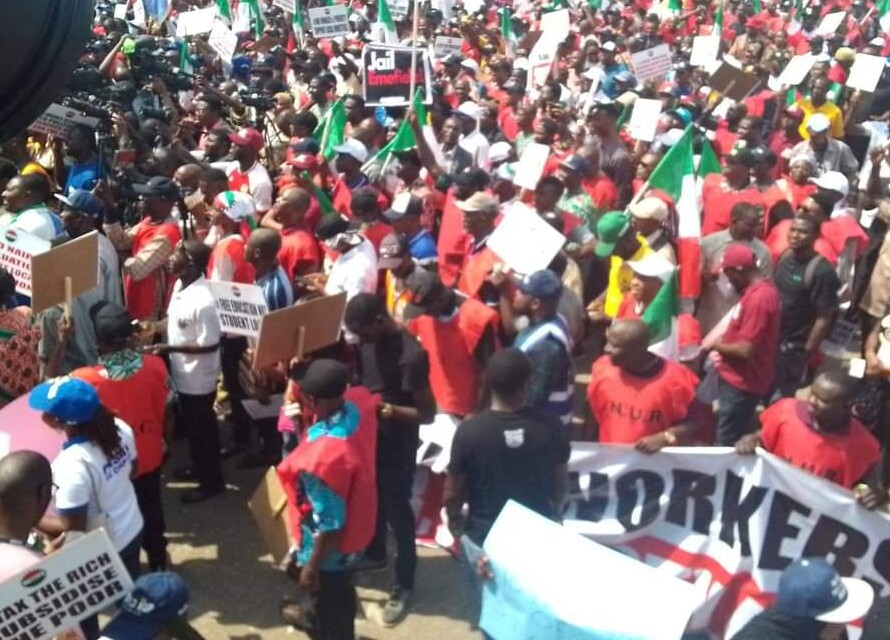The size of the budget of Ondo State has increased from levels of approximately ₦230 billion in 2023 to nearly ₦700 billion in 2025 under a very ambitious tag, “Budget of Recovery.” Over 62% of the 2025 budget is allocated for capital expenditure with enormous provisions for infrastructure, agriculture, and industrial development. Theoretically, these investments should make way for better public services, business climates, and jobs. But if we examine the figures more closely and compare them with past years, the truth is clear: the state is bleeding cash, paying out more and taking in less.
If in doubt, just ask:
- Why is the state investing more in agriculture when food supply is still under the control of other states’ produce?
- Why is security funding ballooning while Amotekun is under-equipped?
- Why is healthcare underfunded when our elderly citizens are not able to get basic services?
This is a classic case of “putting water in a basket,” enormous allocations on paper but not much to be seen on the ground.
The Numbers Just Don’t Add Up
Agriculture: From Food Basket to Import Dependence?
Agriculture received ₦26.27 billion in 2025, nearly twice previous budgets; yet we continue to import most of our yams, tomatoes, and maize from other states. In 2023, agriculture was approved at around ₦13 billion. In 2024, it was improved, but farmers barely felt any difference.
Ondo State is endowed with extensive cultivable land, yet most farmers continue to lack access to credit, mechanization, and market linkages.
What is being financed?
- Farmers continue to lack mechanized equipment—most use rudimentary tools, and large-scale farming is not possible.
- There are no organized farm-to-market logistics, and local farm fruits and vegetables therefore rot for lack of storage and transport.
- Lack of functional agro-processing factories; hence, we are exporting raw materials instead of exporting processed goods.
If we are serious about economic recovery, therefore, we need to make agriculture the driver of rural jobs and food security. Ondo ought to be feeding other states and exporting, not relying on other people to feed us.


IGR Reality: Where Is the Revenue?
If we are investing billions in agriculture, then why is the state reaping so little from it?
The IGR from agriculture is woefully low as depicted in the budget. This indicates the funds channeled into the projects have little or no returns.
Farmers struggle to register and operate formally because government support structures are weak. Ondo has the land, the farmers, and the labour, yet our markets are flooded with Benue, Taraba, and even Niger Republic vegetables. That is economic mismanagement at its worst.
Education: A Future in Jeopardy
The government proposed to spend ₦85.31 billion on education, which sounds great till you look at how it will be spent.
- Where are the scholarships for indigent students?
- Will this budget at last end the crisis of overcrowded classrooms and unpaid teachers?
- Are we putting money into vocational training to prepare the youth for the future?
- What is the educational plan the administration has for our disabled residents?
Ondo’s educational system requires more than figures in a budgetary report. It requires a genuine commitment to constructing schools, educating teachers, and making all children, particularly girls in rural villages, have access to good-quality education.
Security: Fewer Protections, More Dollars
Security is required, but are we receiving value for money?
- Amotekun receives billions yet lacks the basic tools to fight crime.
- No CCTV installation, no command center, and no high-tech monitoring despite excessive budgetary appropriations.
- The corp continues to use old radio systems and human intelligence collection.
Compare this budget to that of 2023 and 2024; the security votes went up, yet the Amotekun personnel are without adequate protective equipment. What exactly is the state paying for?
At the same time, rural insecurity is rendering farming riskier, also diminishing agricultural production. If we are truly committed to safeguarding our citizens and economy, security spending needs to be transparent, accountable, and effective.
Healthcare: Will Women and Children Benefit?
Health is a non-negotiable basis for any society, yet the approved Ondo’s 2025 health budget is ₦8.93 billion, which is still relatively low against infrastructural expenditures.
In a country where infant and maternal mortality are still in the red, what we ought to be witnessing are refurbished hospitals and better-equipped primary health centers. However, it appears the residents of the state witness only underfunded health departments, while billions of naira are spent on “security votes” and administrative costs.
What does this budget have for the low-income mothers? Will she be able to go to a properly equipped maternity ward? Will rural clinics receive the funds they so desperately need at last? Or will she continue to have to walk miles to receive basic treatment?
Who Cares for the Forgotten?
The state has a lot of senior citizens, but it appears their needs are not catered for by the health funds.
- No overall system of welfare for older citizens.
- Pensioners often lack access to quality care.
- Primary healthcare centers remain under-equipped, forcing residents to travel long distances for treatment.
This is against ₦7.4 billion for health in 2023 and ₦7.9 billion in 2024; the 2025 increase is hardly notable amidst soaring inflation and healthcare needs. The inconvenient truth is that citizens will still lose their lives from preventable diseases while our politicians continue to receive special medical care overseas.
Final Thoughts: Time for Accountability
This budget can either be a gateway to actual recovery or yet another political document enriching some individuals at others’ expense while the state loses.
There is a possibility for Ondo State to get its priorities right and ensure that this budget delivers practical dividends to common citizens. But it will not be so unless:
- Clearness in reporting real expenditure.
- Investing money in actual, income-generating ventures.
- Stricter budgetary control over “security votes” and administrative costs.
- We concentrate on the sectors that actually transform lives—health, education, and agriculture.
- A change from paper budgets to actual impact, where the government is accountable to the people, not greed, which demands that they do anything to stay in power.
The Elephant in the Room: Priorities vs. Political Survival
This budget poses a question—not only one of economic ambition but also of political reality. As education, health, and agriculture receive comparatively modest allocations, the state is confronted with bloated figures under the new government administration, “security votes,” and legislative allowances. The Budget of Recovery can be a roadmap to development or yet another missed opportunity. It is upon us to keep people accountable and fight for genuine change. Otherwise, in 2026, we will be back here posing these same glaring questions.
Over to You, Fellow Citizens:
- Do you believe this budget will lead to actual change?
- Are we in the right sectors?
- What do we ask of our leaders?
Let’s keep the conversation going.





